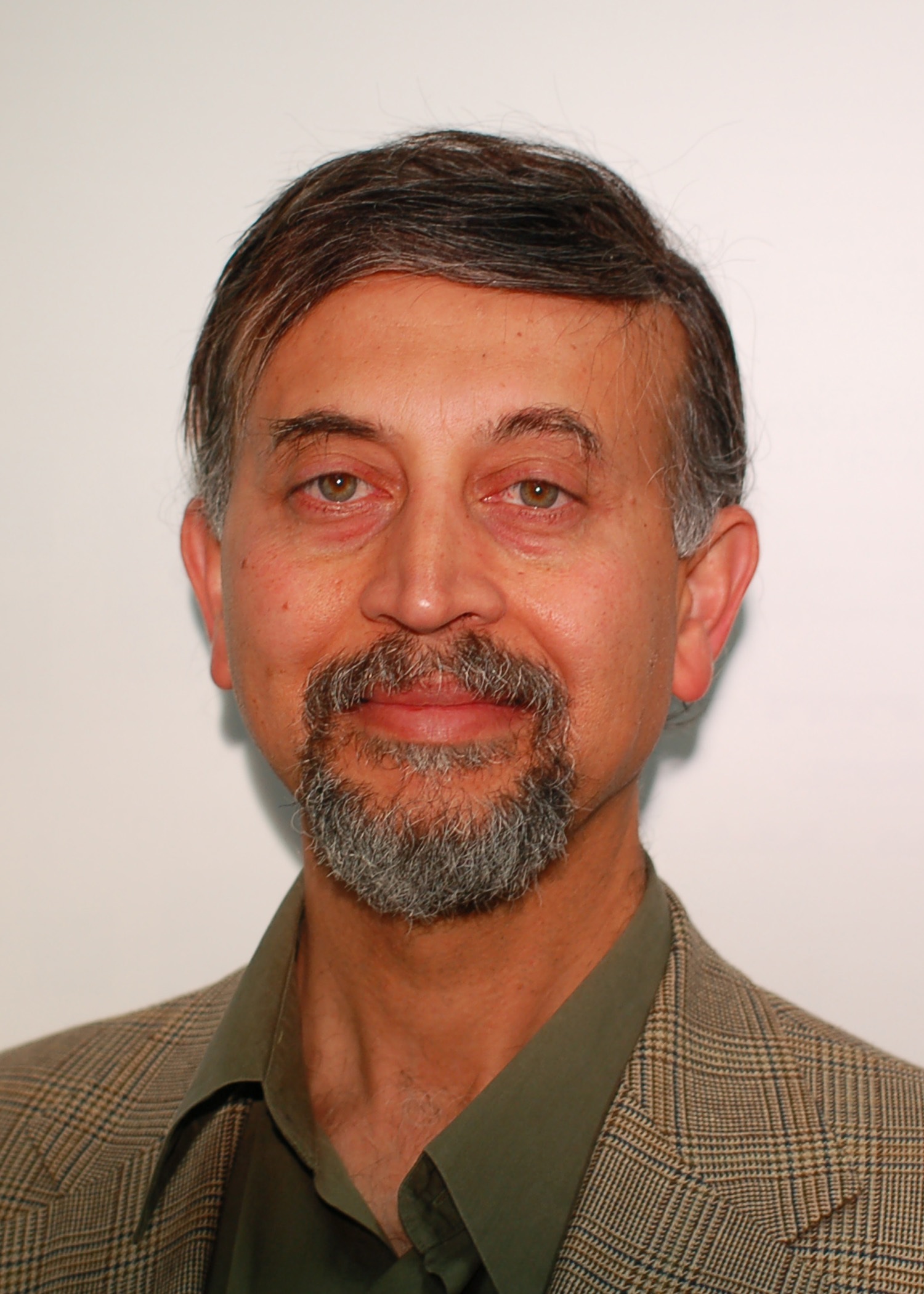

Plenary Speech
|
CIS Frontiers of Brain Machine Interface: Physical and Cognitive These are exciting time for the field of brain research, with huge initiatives (on part with the human genome program) to map and understand human brain underway worldwide. One of the major frontiers is the development of technology, computational and cognitive science concepts to develop the human brain-mind interface. This presentation will discuss the state of the art of neural interface technology, methods to analyze brain rhythms (from neurons to brain waves/EEG) and how they may be used to "control" prosthetic or robotic limbs. With considerable advances in the field of interface to the motor system, now it is also time to focus on sensory interface: how and what sensory information to provide to the brain? Finally, the over-riding brain-machine interface would be cognitive: what can we infer about human cognitive intent in the brain machine interface. I will present some open questions and challenges towards both physical and cognitive interfaces between brain and machines.
He is the Director of a Neuroengineering Training program funded by the National Institute of Health. He has published 245 refereed journal papers, generated 11 patents, co-founded four companies, and carries out research funded mainly by the NIH, NSF and DARPA. He was the Editor in Chief of IEEE Transactions on Neural and Rehabilitation Engineering (2005-2011). He is currently the Editor in Chief of Medical and Biological Engineering and Computing from 2013.
RAM Robots: The New Generation Robotics is rapidly expanding into the human environment and vigorously engaged in its new emerging challenges. From a largely dominant industrial focus, robotics has undergone, by the turn of the new millennium, a major transformation in scope and dimensions. This expansion has been brought about by the maturity of the field and the advances in its related technologies to address the pressing needs for human-centered robotic applications. Interacting, exploring, and working with humans, the new generation of robots will increasingly touch people and their lives, in homes, workplaces, and communities, providing support in services, health care, entertainment, education, and assistance. The discussion focuses on new design concepts, novel sensing modalities, efficient planning and control strategies, modeling and understanding of human motion and skills, which are among the key requirements for safe, dependable, and competent robots. The exploration of the human-robot connection is proving extremely valuable in providing new avenues for the study of human motion -- with exciting prospects for novel clinical therapies, athletic training, character animation, and human performance improvement.
|
|||||||||

 Organization
Organization
